If you are a regular reader, you probably know that the Co-Habitant owns a Pashley Roadster Sovereign. We bought a pair of Pashleys when I first started this blog, and while I've since sold my Princess, he has kept his Roadster. He loves this bicycle. It is his main transportation bike, taking him to and from work every day for nearly two years now - in sunshine, rain and snow. This review is based on both his and my impressions of the bike.
Pashley bicycles have been made in Stratford-upon-Avon, England since 1926. The Roadster is a traditional lugged steel English roadster frame with relaxed geometry and 28" wheels. It is powdercoated black and fitted with a 5-speed Sturmey Archer hub, dynamo lighting, and drum brakes. See here for the full specs and here for the complete set of images. This bicycle was purchased in May 2009 from Harris Cyclery in West Newon, MA (not a sponsor at the time).
One interesting thing to note about this bike is the sizing. The Co-Habitant is 6' tall and his preferred frame size is normally 60-64cm, depending on geometry. However, his Pashley's frame is only 22.5" (57cm), and yet it is his size. That is because the Pashley Roadster has an unusually high bottom bracket (330mm), which makes the standover considerably higher than it would be on a typical bike. For comparison, the bottom bracket height on his vintage Raleigh DL-1 Roadster is 310mm, which in itself is considered high. This explains why the Raleigh and Pashley are both his size, despite the former being a 24" frame and the latter a 22.5" frame. When in doubt, go down a size with the Pashley Roadster.
The Pashley Roadster Sovereign is a bicycle fully equipped for commuting: generous fenders, full chaincase, vinyl dress guards, large rear rack, drop-down kickstand and an integrated wheel lock. The Co-Habitant finds the dressguards and chaincase convenient, because they enable him to wear pretty much anything he wants on the bike - including dressy clothing and overcoats. He does not like tucking his trousers into socks or wearing ankle straps when riding to work, so these features are important to him. The chaincase has kept his chain immaculately clean through two winters and does not stand in the way of rear wheel removal. For those who dislike the drop-down kickstand, the frame does come with a kickstand plate, so it's possible to install an alternative. Initially, we installed a Pletcher double-legged kickstand and used it instead of the drop-down, until it broke, so now it's back to the original.
Though the headlight on the Roadster is dynamo-powered, the tail light is battery-operated. The 2.4W dynamo hub makes it difficult to modify this lighting set-up, and we are really not sure why Pashley chose to do this instead of using a 3W hub and bulb. We are considering eventually replacing the lighting on his bike with a front and rear LED system with standlights. Trouble is, there aren't any classic LED headlights in a style that would suit the Pashley.
Supplementary Cateye battery lights attached for situations when visibility is especially poor. The bolts on the Pashley's front axel make it easy to mount these.
The rear rack is spacious, but made of such thick tubing that most pannier mounting systems will not fit it. The Ortlieb QL2 and the R&K Klick-fix systems sort of fit, but just barely.
Tires are Schwalbe Marathon Plus. They are not my favourite tires, but the puncture protection is unbeatable.
The saddle is the super-sprung Brooks B33 - especially suitable for the larger gentlemen on upright bikes.
And of course, the shiny "ding dong" bell. That's us, reflected in it.
Though we are both lovers of customisations, there wasn't much that the Co-Habitant modified on this bicycle. All the components have remained stock thus far. As far as positioning, he lowered the handlebars to make them level with the saddle and angled them down a bit, for a more aggressive position. He also shoved the saddle forward by means of reversing the seat clamp. He added a Brooks Glenbrook saddlebag and Millbrook handlebar bag, which are permanently affixed to the bike. The saddlebag contains his lock, bungee cords and saddle cover in the side pockets, with the main compartment kept empty for quick grocery trips and other errands.
The handlebar bag contains his rain gear, gloves, bad-weather cycling glasses, flashlight, and epic toolkit. The toolkit he carries only on longer trips.
The original plastic handlebar grips were replaced with the Brooks leather washer grips. Front and rear drum brakes are hand-operated, and he has them routed right-front. And just in case you haven't noticed, the handlebar set-up includes a cycling computer and twined water bottles in their DIY handlebar mounts. The computer is fairly unobtrusive, blending in with the black part of the riser stem.
And a close-up of he bottle cage mounts. The set-up with the twin bottles sticking out like miniature cannons over the handlebars is over-the-top eccentric for me - but over time I've grown used to seeing them on his bike and even find them endearing. He has also carried paper cups full of coffee in those bottle cages - successfully.
We considered washing the bicycle before taking pictures for the review, but ultimately decided against it. These pictures realistically portray what the bike looks like after a winter of commuting - and a harsh winter at that. The only time this frame has ever been wiped down was after the previous winter. With everything either fully enclosed or stainless, the Pashley Roadster is as low-maintenance as they get. The powdercoating has held up excellently, with just a few scuffs here and there. Over the time he's owned this bicycle, the Co-Habitant has broken two spokes on the rear wheel (one per year) and had them replaced. The wheels also had to be re-trued a couple of times, no doubt due to the horrible pothole-ridden roads on which he commutes. Otherwise, significant adjustments have not been necessary.
As far as ride quality and subjective feedback go, there is a distinct feeling of the bicycle being stable, reliable and enormous.
It can comfortably travel at high speeds, with the cyclist feeling relaxed, perched high above city traffic. And this isn't merely an illusion - with the high bottom bracket and the upright sitting position, the height at which the rider is placed really is out of the ordinary.
The bicycle handles well on the road and off, in dry and wet conditions. In the winter, it has proven to be a trusty companion.
Even during blizzards, the Co-Habitant continued to commute on this bicycle, and felt comfortable doing it.
When describing the Pashley Roadster's ride quality, it is worth noting that it is not the male equivalent of the Princess model: The geometry and handling of the two bikes are different. Performace-wise, the Roadster accelerates faster and climbs hills easier than the Princess, which can be problematic for those who buy the two bikes as a "his and hers" pair. Though this discrepancy between the men's and women's models is unfortunate, the Roadster's performance in itself is terrific.
As for my own impressions of the Co-Habitant's Pashley, I've come to see the bike as his permanent companion or even an extension of his personality. He loves the bike, never complains about it, and uses it daily for transportation, which is fantastic. But sometimes I do wonder whether the bike is overbuilt for his purposes: To me it seems excessively heavy, and I don't get the point of having that monstrous rear rack if it is seldom used for anything other than saddlebag support. Also, it takes great effort to convince him to leave the bike locked up in the city, which is frustrating. At work he has secure locking facilities, but when we go out he worries about the bike too much - which in my view somewhat undermines its usefulness. However, the most important thing is that he enjoys the bike and rides it, which I feel has been accomplished here pretty well.
Though the Pashley Roadster Sovereign is not inexpensive by any means, it is a good value once you consider what is included and add it all up: a traditional lugged frame made in England and a fully integrated "commuting package" consisting of fenders, drum brakes, full chaincase, dressguards, puncture-proof tires, lighting, and a high quality sprung leather saddle. After close to two years of daily use, including two New England winters, the bicycle looks hardly worse for wear - a testament to its durability. As with everything, your impressions may differ, but the Co-Habitant is a happy owner. He is not looking for another transportation bicycle for the foreseeable future.
Wednesday, March 30, 2011
The Pashley Roadster Sovereign: Review After Two New England Winters
Labels:
bicycle reviews,
Co-Habitant,
diamond frame,
Pashley
Subscribe to:
Post Comments (Atom)
Blog Archive
-
▼
2011
(631)
-
▼
March
(79)
- Design for Use versus Posturing
- Mercedes-Benz of Long Beach Confirms, Mercedes-Ben...
- JM Family Enterprises and Toyota Dealers in the So...
- Good-Bye 'Blueskies' ...Hello Blueprints
- The Pashley Roadster Sovereign: Review After Two N...
- Vegan Options for Classic Saddles
- Free 'Superba' to a Woman in Need
- 1936 Model CJ Norton - For sale
- The wait is over, GreenBidNet goes live
- Saddlebag as Buffer Zone
- Zipcar... Not at All Like Bikeshare
- Donate Your Scrap Bike to Charity in the UK
- Roger Harrison hired as Shermco Industries field s...
- WGBH Upgrades To Robotics With Shotoku Broadcast S...
- The Shelleys and Norton history
- (elk)Hide I Seek
- BQ Issues Give-Away
- Katie Cole now on Hollywood Music TV
- Chicago Kia Dealer Hawkinson Kia likes that the 20...
- Godwin Ronquillo Adds Litigation, Appellate Experi...
- Jon's 1936 M30
- The Stranger
- 2011 MS70 ANACS $100 Gold Australian Lunar Rabbit ...
- Myths About the Mixte
- Algae Production Industry Moving Forward
- 1929 Model CS1 Norton - Sold
- Infotechnics Are An International Choice
- The 'Backlash': Why Are We Surprised?
- Find Style and Performance Driving the New 2011 To...
- 'Tis the Season!
- 2011 MotoGP Season Starting!
- Creamy, Dreamy 650B Conversion
- Kingsway Celebrates Charles Wesley Hymns For A New...
- ¡Celebra tus XV años con una limusina!
- 121 MPH Model 16H racer
- Undercurrents
- Superba Progress
- Front Loads: What's Your Take?
- Component Porn... Film Noir Style
- 1912 Model 9 Norton
- mamemo successfully supports press conference of U...
- "Foley Huck" comedy movie script for sale.
- Beautiful Stranger... Yet So Familiar
- 1931 Model CS1 Norton - Sold
- Pure Power Gets a Place at the Table
- Price Comparisons: All Things Considered
- Pure Power Gets a Place at the Table
- Norton Manx engine art
- Wood You?
- Wolfgang Silvano makes debut in Los Angles
- 1902 Norton Energette - For sale
- His Rain Gear
- Mileage As Measure of Sport vs Transport
- Frans's c1932 CS1 Norton
- Next Generation Experiences a Day at Shurhold Indu...
- No title
- No title
- Riverside Infiniti Confirms, Infiniti Has Successf...
- On Bicycles, Women and Politics
- No title
- 1921 advertisement
- Libyan rebels try to regroup after setback
- Silver Dollar Values Prices Hold Premier Investing...
- Getting My Groove Back!
- Miley Cyrus meets her impression as 'SNL' host
- Mourinho believes Ronaldo injury could be serious
- Injury-free Nadal to play Belgium in Davis Cup
- Pannier Mounting Systems Compared: Ortlieb, Arkel,...
- Monumental's Grannan visits National Agents Allian...
- 1916 Model Big Four Norton
- Chrome Vanya Knickers Give-Away
- Grammy leader to meet with awards critic
- Zimbabwe president makes medical trip
- Yemeni opposition suggests way out of crisis
- You Take What You Can Get!
- 1908 Model 3 1/2 HP Norton
- Have Delta Cruisers Met Their Match?
- No title
- Panniers on Bikes with Short Chainstays
-
▼
March
(79)
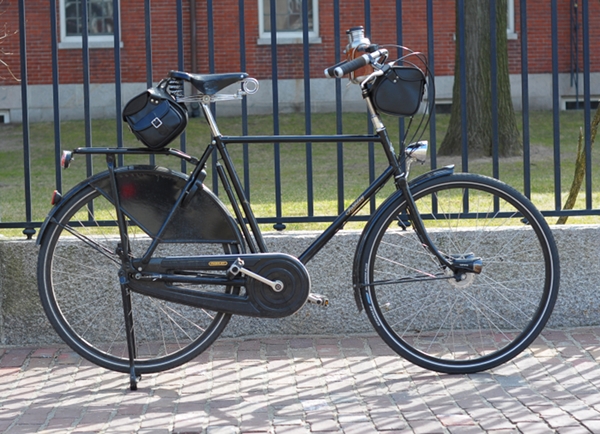
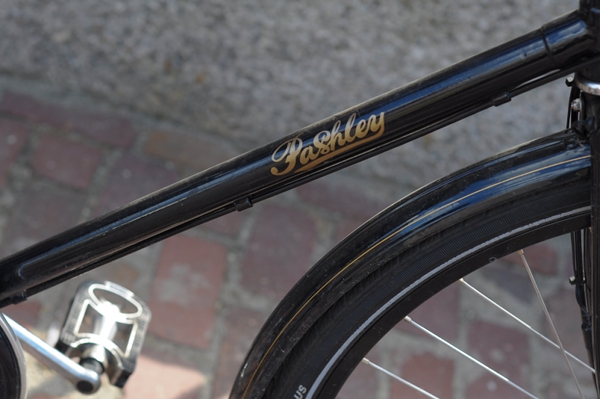
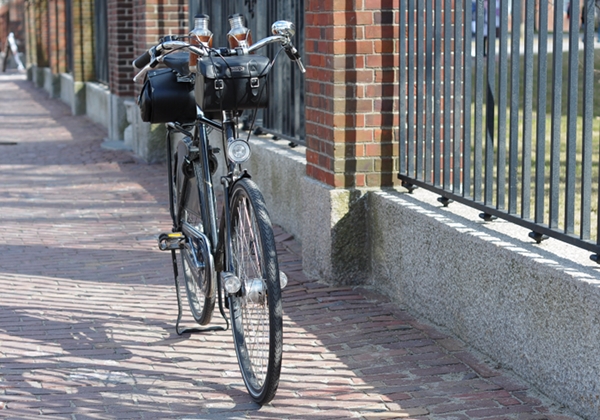
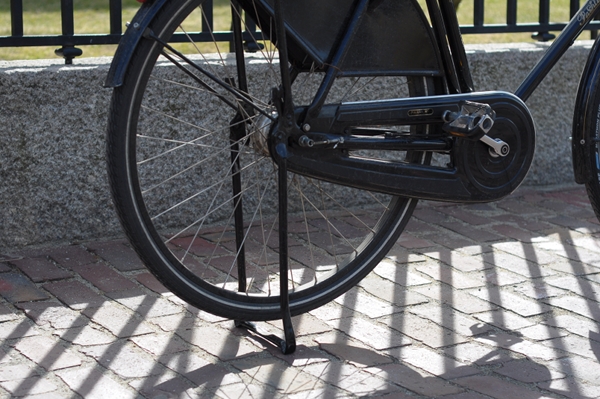
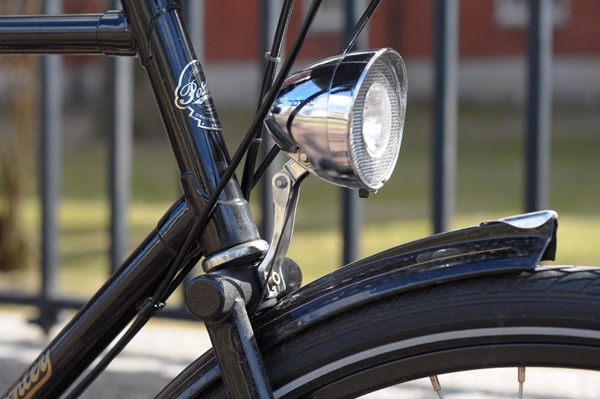
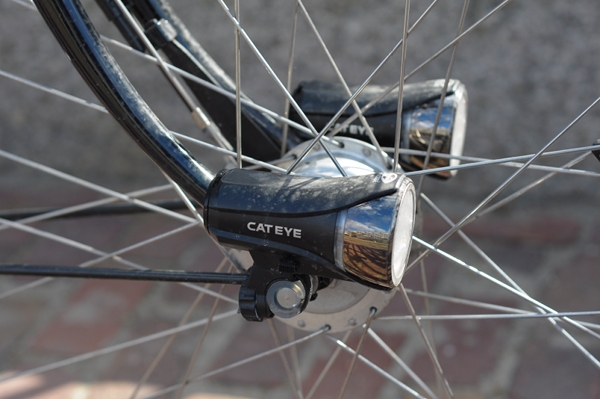
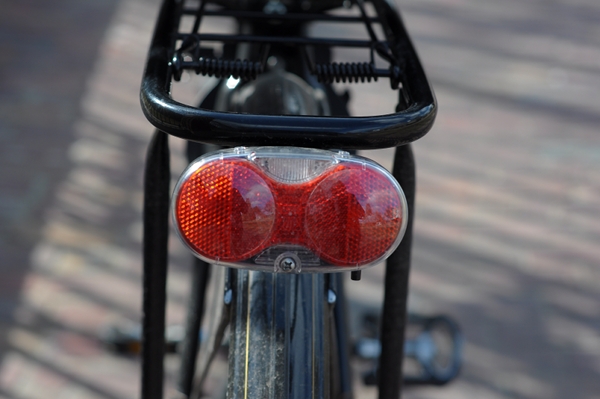

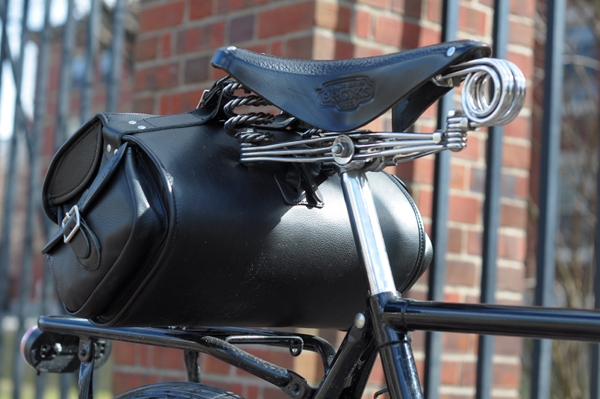
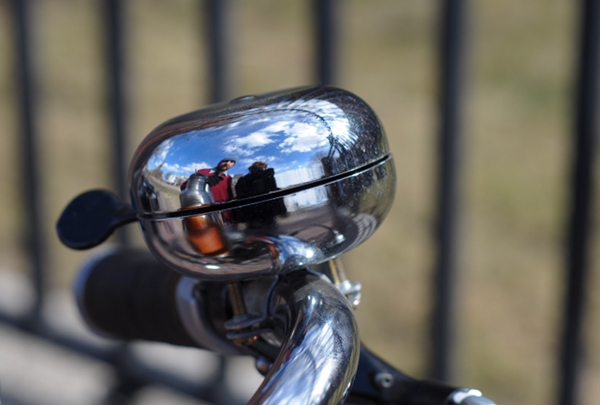

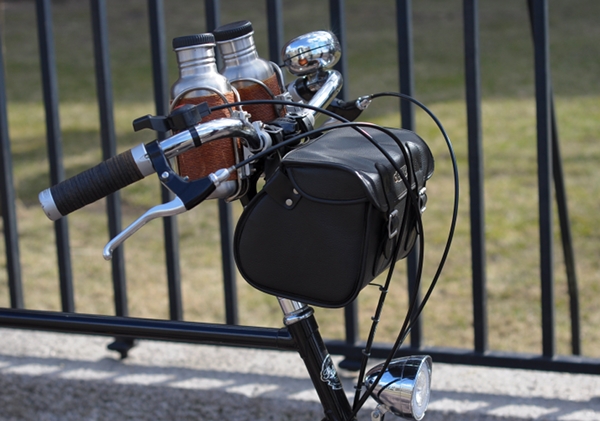
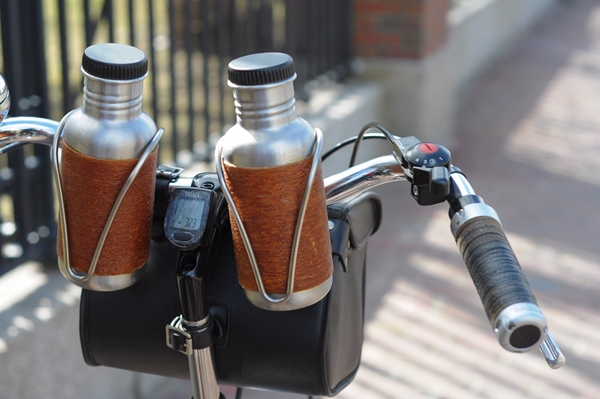

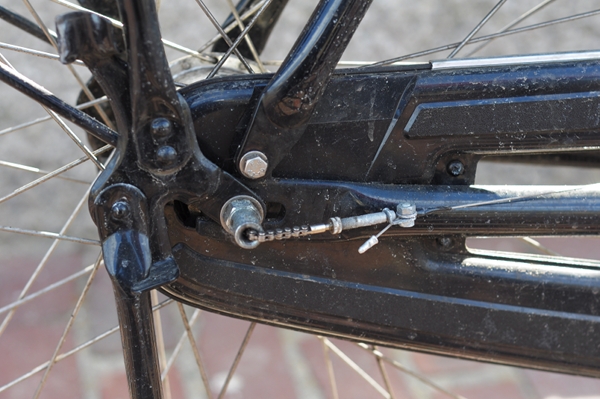
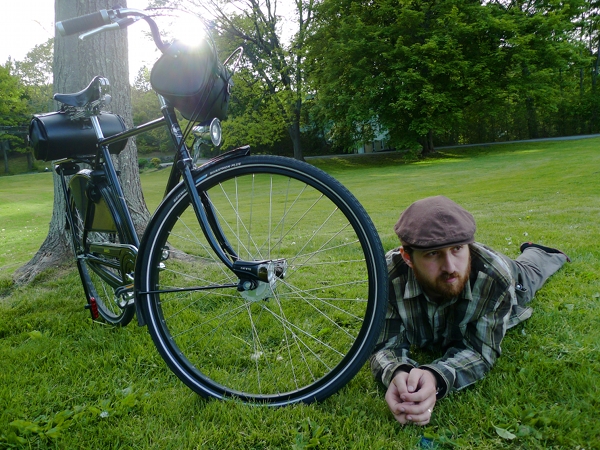


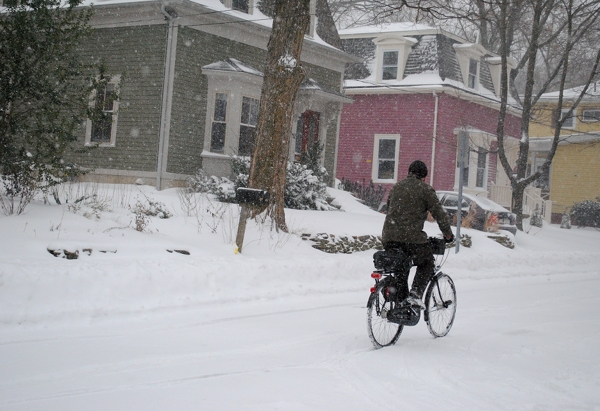



0 comments:
Post a Comment